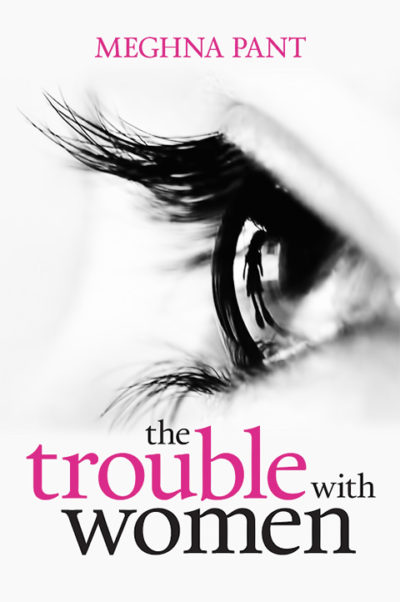
Famously, Robert Southey wrote to Charlotte Bronte that ‘Literature cannot be the business of a woman’s life, and it ought not to be. Ruskin wasn’t unusually sexist, in my view, and was supportive of some women writers and painters he is expressing a common view here (though he comes in for some flak concerning his wedding night in the book). By her office, and place, she is protected from all danger and temptation. Her great function is Praise: she enters into no contest, but infallibly adjudges the crown of contest. She sees the qualities of things, their claims, and their places. intellect is not for invention or creation, but for sweet ordering, arrangement, and decision. Nonetheless, every now and again one comes across something which reminds us just how women were viewed historically, such as Ruskin’s comment in Of Queen’s Gardens: Of course, one also ends up spending time carefully explaining that not all women were uneducated that some women could and did write and publish, or paint, or pursue careers, even if they weren’t the norm.

There is much talk about how women were restricted to ‘the domestic sphere’ (represented by the picture on the cover, left) how they weren’t encouraged to be educated, to write or paint, to have careers or, basically, to do anything that ‘ought’ to be Man’s Work. It’s a cliché of teaching nineteenth-century literature and culture that ‘the Woman Question’ is a focal point (and a popular essay topic for students).

Women are bound by their biology, with brains too small to think and bodies to weak to work, so it’s no wonder they had to leave everything to men (well, except the light, untaxing work of cleaning, childcare and running a household). This is a book which succinctly summarises – and satirises – what everyone who’s studied nineteenth-century history or literature knows: a woman can’t be a genius, because that’s a man’s job, and besides, she’s too hysterical.


 0 kommentar(er)
0 kommentar(er)
